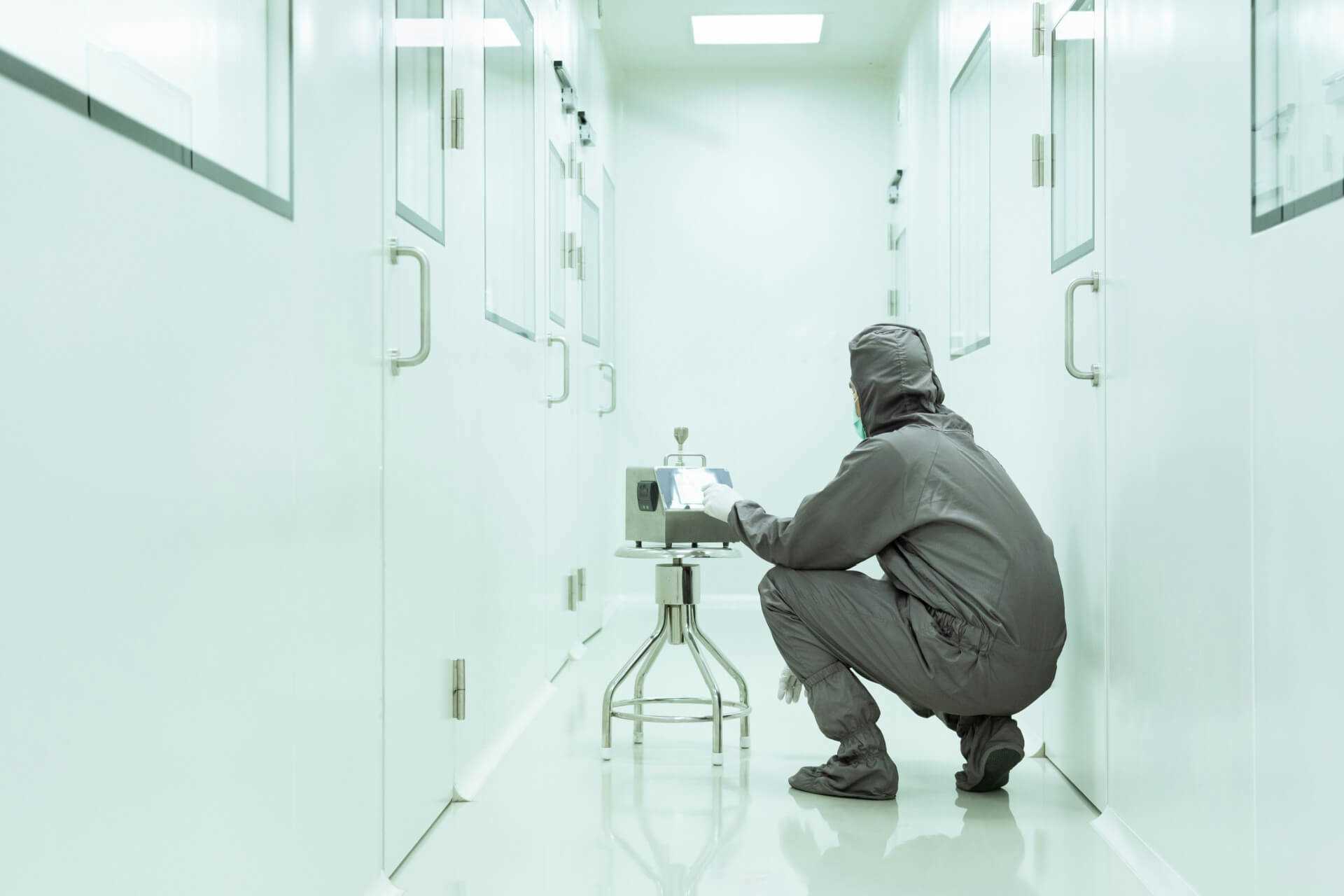
The Role of QMS (Quality Management System) in GMP Compliance
In the pharmaceutical and biotech industries, Good Manufacturing Practices (GMP) are the foundation of ensuring product safety, efficacy, and quality. A Quality Management System (QMS) is an essential element of GMP compliance that encompasses the processes, procedures, and resources required to ensure that the product is manufactured consistently and meets regulatory requirements.
The primary goal of QMS in GMP is to ensure that all aspects of the manufacturing process, from raw materials to finished products, are controlled, documented, and reviewed to ensure compliance with regulatory requirements. The QMS provides a framework for continuous improvement, risk management, and quality assurance. It also enables manufacturers to identify and address potential issues before they become problems that could affect the safety and efficacy of the product.
Key components of a QMS include:
1. Standard Operating Procedures (SOPs) - These are detailed step-by-step instructions that outline how specific tasks should be performed in a standardized way to ensure consistency and quality. SOPs are a critical part of a QMS and help to ensure compliance with GMP regulations.
2. Change control procedures - These procedures ensure that any changes made to a product, process, or equipment are thoroughly evaluated and documented before they are implemented. Change control procedures help to ensure that changes are made in a controlled and systematic way, minimizing the risk of errors or unintended consequences.
3. Document control procedures - These procedures ensure that all documents related to the manufacturing process, including SOPs, batch records, and validation protocols, are controlled, reviewed, and updated as needed. Document control procedures help to ensure that the most current version of each document is available to all employees who need it.
4. Training and competency assessments - These are essential components of a QMS as they ensure that employees are trained and qualified to perform their assigned tasks. Training and competency assessments also help to ensure that employees are aware of and understand their roles and responsibilities in maintaining GMP compliance.
5. Corrective and preventive actions (CAPAs) - CAPAs are processes that address non-compliance issues or deviations from established procedures. These processes include identifying the root cause of the issue, implementing corrective actions to prevent recurrence, and documenting the actions taken.
A QMS is an integral part of GMP compliance in the pharmaceutical and biotech industries. It provides a framework for ensuring that all aspects of the manufacturing process are controlled, documented, and reviewed to ensure compliance with regulatory requirements. Implementing an effective QMS can help to minimize risks, reduce errors, and ensure consistent product quality.
